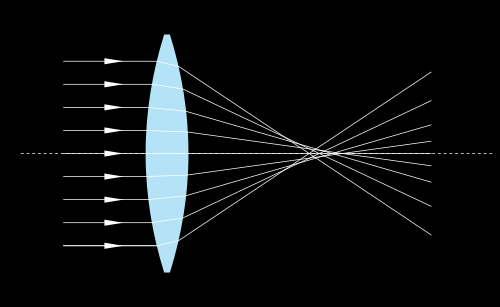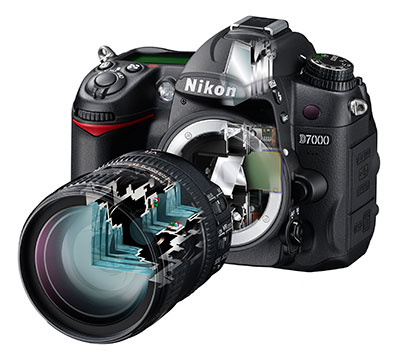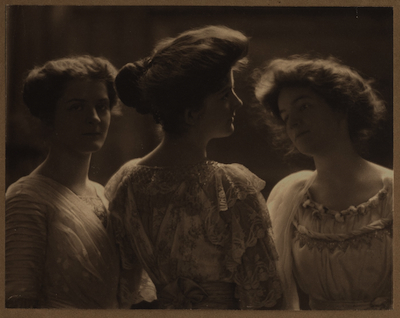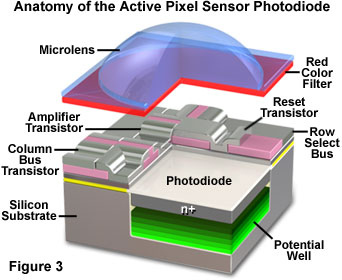



Click for more information:




Slideshow of 143 Photos from a previous year's students
Digital Photography is a unique technological activity that is totally dependent on its roots in digital sensing and computational imaging. It has many functions—scientific, artistic, documentary and social—and its historical development is a fascinating study in scientific innovation. This course will give students the tools and technological understanding to make better pictures. We will concentrate on four areas: the history and development of photography; the science of optics and digital imaging; the elements of photographic composition and design; and the future of internet-enabled photography.
We will begin by examining the invention of photography in the 19th century, and consider the social implications of this revolutionary process. We’ll examine lens design and optics, the understanding of perspective, the rapid development of materials used in chemical photography, and the development and construction of the modern CCD and CMOS sensors.
We will explore methods for combining optics and digital sensors with digital image processing techniques in the modern digital camera. Our tour will dive into the key aspects of the design of a photograph by the photographer—the use of design elements such as line, color, pattern, texture, and light to compose outstanding images. Our discussions will focus on the foundations of digital photography while still relating those foundations to the latest trends in the field.
This course is designed to provide you with the foundations necessary for designing and making better digital photographs.
At the conclusion of the course, you will be able to:
Bruce Hemingway --photos here and here.
40% weekly photography assignments (8), graded on meeting assignment goals
10% Participation in class and section
20% Eight bi-weekly quizzes (on readings and lectures)
30% Final Project